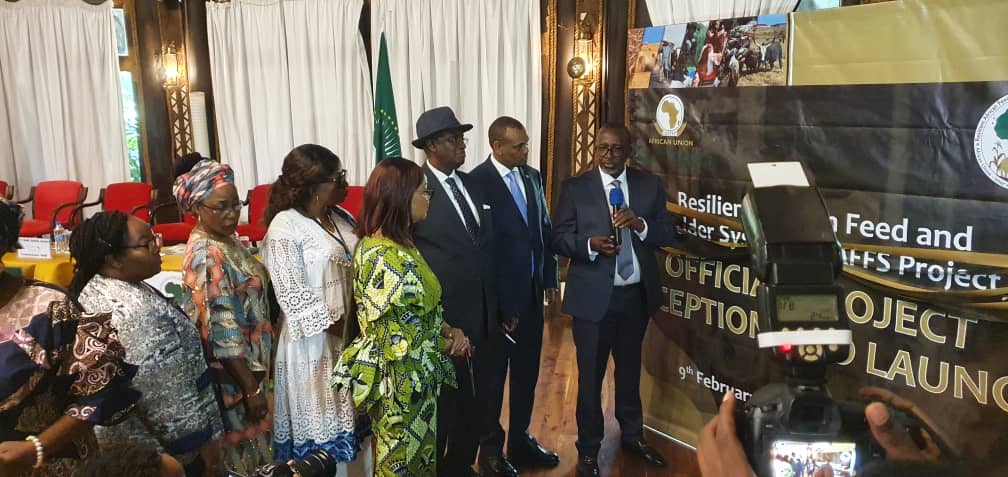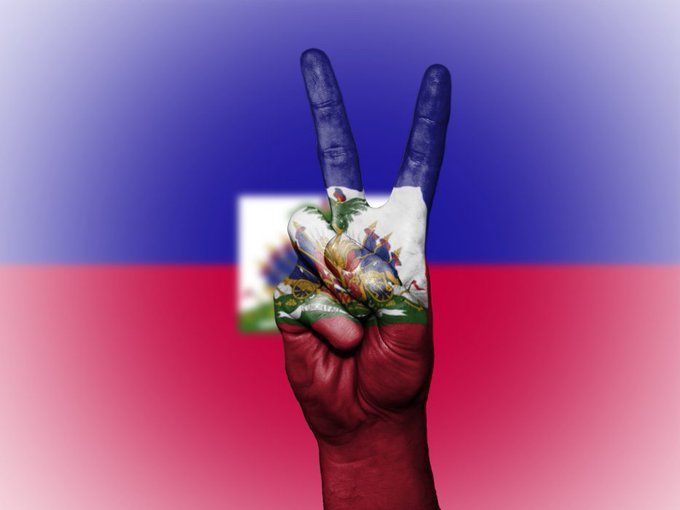By Eddah Waithaka
Africa’s future depends on its youth over 116 million under 35 in East Africa alone yet Girls and Young Women (GYW) remain sidelined in critical leadership spaces. Despite leading grassroots movements on climate action, digital equity, gender justice, and economic reform, their voices are often excluded from policy discussions.
With the 2030 Sustainable Development Goals (SDGs) deadline looming, the She Leads Africa Summit 2025 (August 11–14, Nairobi) is demanding change mobilizing feminist movements, governments, and youth leaders to cement GYW’s role in shaping Africa’s future.
Organized by the Horn of Africa Youth Network (HoAYN) and Terre des Hommes Netherlands, alongside Pan-African partners including Plan International, FEMNET, and GIMAC, this first-ever civil society-led regional summit unites hundreds of young women activists, policymakers, and advocates under the theme: “Sustaining Girls and Young Women Leadership in Key Decision-Making Spaces in Africa.”
Why This Summit Matters Now
The She Leads Africa Summit 2025 will secure binding commitments from African Union bodies, governments, and regional blocs to institutionalize girls’ and young women’s leadership, while launching a post-2030 feminist action plan to dismantle systemic barriers like unequal political representation and funding gaps for youth-led initiatives, and forging powerful cross-border alliances to amplify advocacy for sexual rights, climate justice, and economic equity across the continent.
“We’re done with tokenism. Girls and Young Women must lead with power, not just participation,” says Linnet Awor, Lobby & Advocacy Expert at Terre des Hommes Netherlands.
“This Summit locks in accountability, no more empty promises.”
The She Leads Legacy
Since 2021, the She Leads programme has trained 50,000+ GYW in advocacy across 10 African nations.
The Summit marks a decisive shift from pilot projects to structural change by implementing quotas for young women in governance, ending child marriage and gender-based violence, and directly funding feminist youth organizations, while organizers will present a Pan-African Youth Manifesto to the AU demanding mandatory youth seats in parliaments, gender-responsive climate financing, and stronger protections against digital harassment to institutionalize these reforms continent-wide.
“Africa’s girls are ready to lead,” says Amina Hersi, 24, Kenyan delegate. “We are claiming our seat at the table, no permission needed.”







